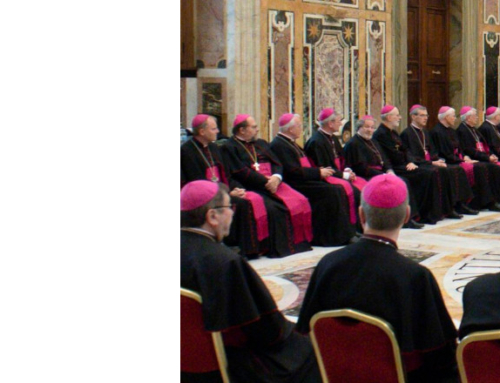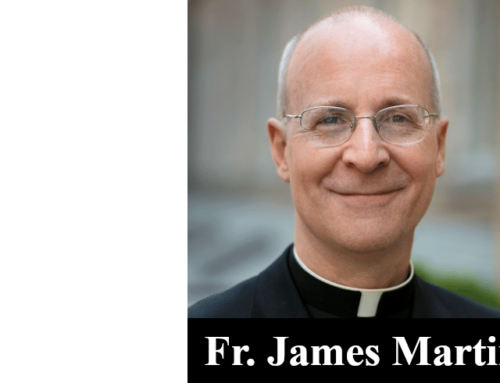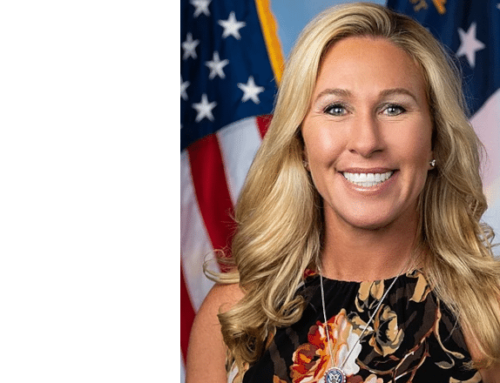Catholic League president Bill Donohue comments on the recent mass killings:
The media would have us believe that Christianity inspired the Atlanta killer, Robert Aaron Long, to go on his rampage. We are also told that Islam had nothing to do with inspiring the Boulder killer, Ahmed Al Aliwi Alissa, to go on his rampage. They are right about the latter but wrong about the former: In both cases, religion had nothing to do with their behavior.
Long and Alissa are alike in one sense: both have serious psychosocial issues and neither has any friends. That should be the focus of our concern, not their religion.
The professoriate was quick to blame Long’s Christianity for his killing spree. Susan Shaw, professor of women, gender, and sexuality studies at Oregon State University, was first out of the starting block. She traced his behavior to the “purity culture” of his Baptist upbringing. Many others followed suit. Indeed, blaming the “purity culture” became a mantra.
CNN’s Don Lemon cited the “purity culture,” as did feminist author Jessica Valenti. Trinity religion professor Mark Silk said it was the “evangelical purity culture” that drove Long. So did Katelyn Beaty, former managing editor of Christianity Today. Predictably, lgbtqnation, a popular gay website, came to the same conclusion. Ashlie D. Steven, a food specialist at Salon, agreed. None of these people are social scientists.
Perhaps the most creative critic of the Atlanta killer is Chris Hedges, a former reporter for the New York Times. He blamed the killings on the “rampant misogyny, hyper-masculinity and racism that lie at the center of the belief system of the Christian right, as well as define the core beliefs of American imperialism.” In other words, Long was not responsible for the murders—Christianity and American foreign policy were.
If Christianity is responsible for the Atlanta killer’s behavior, why is he such an anomaly? After all, most Americans are Christians, yet there is virtually no evidence that Christianity—which forbids murder—plays a role in mass shootings, or for that matter in shootings of any kind. There was, however, something seriously wrong with the killer.
As we have seen many times, most mass shooters are loners, men who have no friends. By itself, this condition does not cause someone to act violently—there must be other factors—but it almost always plays a role.
Nico Straughan went to high school with Long. He noticed that the killer was a “very quiet” individual. Another classmate, Jonathan Desire, said Long was “quiet, calm, and collected.” A female student who went to school with Long described him as “quiet and really to himself.” Another fellow student concurred, saying, “he didn’t have a ton of friends and really kept to himself.”
Yes, young people who don’t have friends tend to be quiet and keep to themselves. Importantly, Long was recently kicked out of his house by his family, leaving him even more alone. He was thrown out because of his internet pornography habit. As it turns out, Long was not lying when he said he was a porn addict. Indeed, he spent time in halfway houses trying to find a cure.
The Cherokee County Sheriff’s Office Capt. Jay Baker attributed Long’s killing spree to his desire to rid himself of his porn addiction. He said it was “a temptation for him that he wanted to eliminate.” Similarly, Tyler Bayless, who roomed with Long for a few months, said the killer would become “very emotionally distraught that he frequented these places.”
Marripedia is a social science encyclopedia that deals with many social and cultural issues. Regarding sexual addiction it says, “Pornography and ‘cybersex’ are highly addictive and can lead to sexually compulsive behaviors.” Moreover, porn addicts are “23 times more likely than those without a problem to state that discovering online sexual material was the worst thing that had ever happened in their life.”
This describes Long to a tee. He sought desperately to free himself of his porn addiction, choosing to finish the job by finishing the massage parlor women. Had he been an atheist, he would have acted the same way. It was his inability to form meaningful bonds with others, and his addiction to pornography, that is the root of his problem, not Christianity.
In the case of Alissa, the Boulder mass killer, he also suffered from severe psychosocial problems, though of a different sort from what bedeviled Long.
Alissa was paranoid and had a serious inability to control his impulses. His brother said that Alissa would describe “being chased, someone is behind him, someone is looking for him.” He also had rage issues: he had a police record for bursts of anger, assaulting students and threatening to kill members of the wrestling team.
Like Long, he had no friends. His brother labeled him “very anti-social.” A high school classmate noted that Alissa “didn’t really have a lot of friends.”
What links the Atlanta killer and the Boulder killer are a host of serious personal disorders and a serious absence of bonds. They are to blame for their actions, not outside forces. Christian bashing may make the bigots feel good, but it is of no explanatory value in understanding this issue.







